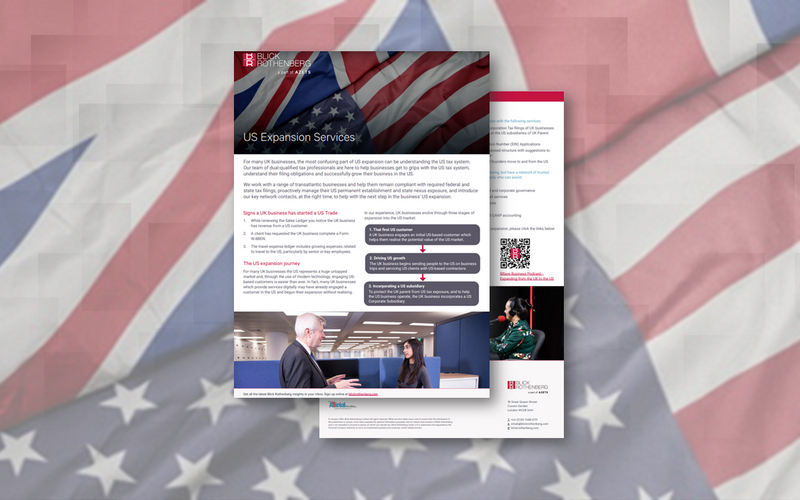On Saturday 5 June the G7 ministers backed a new tax deal targeting global multinational businesses.
The rules would apply to global firms with at least a 10% profit margin – and would see 20% of any profit above the 10% margin reallocated and then subjected to tax in the countries in which they operate.
The global tech giants have welcomed the proposals, but there is a risk that they will simply pass on the cost of the tax to the end consumer. Rising cost to consumers is a current concern with the risk of short-term inflationary rises following the enormous liquidity introduced to the global economy during the Coronavirus Pandemic, and higher associated costs in relation to Brexit.
Under Pillar Two, the G7 agreed to at least a 15% global minimum Corporation Tax. This seems like a sensible starting point but there are lots of details to be ironed out including how the tax base will be calculated and whether it can be implemented (e.g. in the US) on a country-specific basis.
The UK and USA have both recently announced increases to their headline rates of taxation and we expect this is the beginning of a phase where jurisdictions move to higher headline rates of Corporation Tax.
The agreement also introduced a further measure to increase transparency by strengthening the register of beneficial owners of companies. There have been constant moves over the last 10 years to increase transparency of ownership to tackle tax avoidance and financial crime. All businesses, not just large multinational corporations, will be impacted by these measures and business owners will be concerned by the increased compliance burden as well as the security risks such public registers present. There will also be concern about future obligations, and how much information will be made publicly available which may be sensitive for businesses and their owners.
Finally, it is pleasing to see the G7 highlight the importance of delivering change to meet environmental objectives and recognising the new agreements on minimum taxation need to be support this and not encourage negative behaviours.

Behind the headline announcements
There remain a lot of fine details to iron out. These include the following considerations:
- The tax base on which the 15% applies is key. Agreeing a 15% rate is one thing, but 15% on what tax base? Global book profits? Careful thought to any exceptions will be required and full implementation seems unlikely before 2024 at the earliest.
- How will the largest companies be defined? And will there be any ‘carve outs’ for particular industries or sectors?
- The total sums involved are not as large as many have assumed. The OECD estimated a total of up to $100bn per annum (see slide 6) or 4% of total corporate tax receipts. With UK GDP at about 2.4% of the global economy, and UK Corporation Tax at around £60bn to £70bn per annum, this translates to about £2bn to £3bn for the UK. While this is certainly worth having, it will have less of an effect than a 1p increase on Income Tax or VAT (both estimated at £5bn to £6bn). This deal is not going to be game-changing.
- The proposal to reallocate a proportion of profits will cause significant administrative burdens for both taxpayers and tax authorities, for what feels like a relatively small gain.
- A large proportion of the impact of the 15% minimum rate will flow back to the US, which is home to most of the major digital multinational companies. The UK will want to ensure it gets at least as much as it does from the Digital Services Tax (around £500m) but it may well not receive much more.
- There is no guarantee that the proposals will pass US Congress, which remains finely-balanced – and following the mid-terms in 2022 the Democrats may well no longer have control of the Senate.
- The changes have the potential to completely shift how some jurisdictions approach domestic tax policy and we could see changes in behaviour. We expect that overall most jurisdictions will seek to offer a balanced package i.e. set Corporation Tax rate at an acceptably high level and provide a package of tax incentives applied to a broad tax base. This should ensure the 15% base is met but that jurisdictions offer enough incentives to continue to maintain a good flow of inward investment.
In conclusion
This deal represents an historic moment and paves the way for the Organisation for Economic Co-operation and Development (OECD) discussions.
There will be further discussions at the G20 in June and the OECD is expected to reach agreement in principle by October – although it may possibly now be earlier.
While these rules are directed at the largest global companies, we expect the changes in domestic tax legislation (e.g. availability of tax incentives) to have a knock-on impact on smaller companies. These changes will also increase the administrative burden on both the taxpayer and the tax administrations.
Would you like to know more?
If you would like to discuss the above, please get in touch with your usual Blick Rothenberg contact or James Dolan.
















